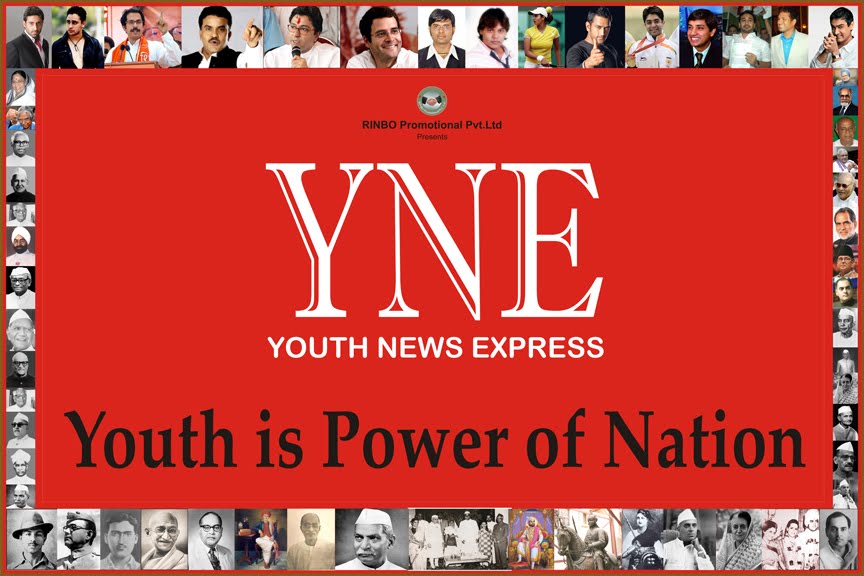MUMBAI: Almost a year after the 26/11 attacks case began in a special court here, the trial of Pakistani gunman Ajmal Kasab, accused of slaughtering 166 people, and two Indians charged with taking part in the conspiracy concluded on Wednesday. The verdict will be pronounced on May 3.
The prosecution examined as many as 653 witnesses to prove their case that Pakistan-based Lashkar-e-Taiba (LeT) carried out the dastardly attacks in Mumbai by sending 10 jehadi terrorists from Karachi.
The court also examined four witnesses, including two National Security Guard (NSG) commandos, who led the teams in operations to fight the terrorists. Police filed the chargesheet on February 26 last year and the case was committed from magistrate's court to a sessions court on March 9, 2009. A separate court was established in high security central prison here to hear the case.
On April 17, before the trial began, Kasab had pleaded that he was a juvenile, but the court rejected his claim after examining prosecution witnesses and experts and ruled that he was above 20 years. On May 8, the first witness stepped into the box, saying he had seen Kasab gunning down sub-inspector Tukaram Ombale at Girgaum Chowpatty.
After examining 653 witnesses, including 30 eye witnesses, Nikam opened arguments this month, saying there was evidence to suggest that the security apparatus of Pakistan was involved in the attacks on India's financial nerve centre.
Nikam argued for 13 days before the trial court and filed a 675-page written submissions. Kasab's counsel K P Pawar argued for three days while R B Mokashi, lawyer defending Faheem Ansari, argued today. Ejaz Naqvi, the lawyer of co-accused Sabauddin Ahmed, would argue tomorrow.
Nikam has sought conviction of the accused on various charges under IPC, including waging war against nation, and other laws such as Foreigners Act, Unlawful Activities (Prevention) Act, Prevention of Damage to Public Properties Act, Customs Act, Passport Act, Arms Act, Explosives Act, Explosives Substances Act and Bombay Police Act.
The prosecution examined as many as 653 witnesses to prove their case that Pakistan-based Lashkar-e-Taiba (LeT) carried out the dastardly attacks in Mumbai by sending 10 jehadi terrorists from Karachi.
The court also examined four witnesses, including two National Security Guard (NSG) commandos, who led the teams in operations to fight the terrorists. Police filed the chargesheet on February 26 last year and the case was committed from magistrate's court to a sessions court on March 9, 2009. A separate court was established in high security central prison here to hear the case.
On April 17, before the trial began, Kasab had pleaded that he was a juvenile, but the court rejected his claim after examining prosecution witnesses and experts and ruled that he was above 20 years. On May 8, the first witness stepped into the box, saying he had seen Kasab gunning down sub-inspector Tukaram Ombale at Girgaum Chowpatty.
After examining 653 witnesses, including 30 eye witnesses, Nikam opened arguments this month, saying there was evidence to suggest that the security apparatus of Pakistan was involved in the attacks on India's financial nerve centre.
Nikam argued for 13 days before the trial court and filed a 675-page written submissions. Kasab's counsel K P Pawar argued for three days while R B Mokashi, lawyer defending Faheem Ansari, argued today. Ejaz Naqvi, the lawyer of co-accused Sabauddin Ahmed, would argue tomorrow.
Nikam has sought conviction of the accused on various charges under IPC, including waging war against nation, and other laws such as Foreigners Act, Unlawful Activities (Prevention) Act, Prevention of Damage to Public Properties Act, Customs Act, Passport Act, Arms Act, Explosives Act, Explosives Substances Act and Bombay Police Act.


